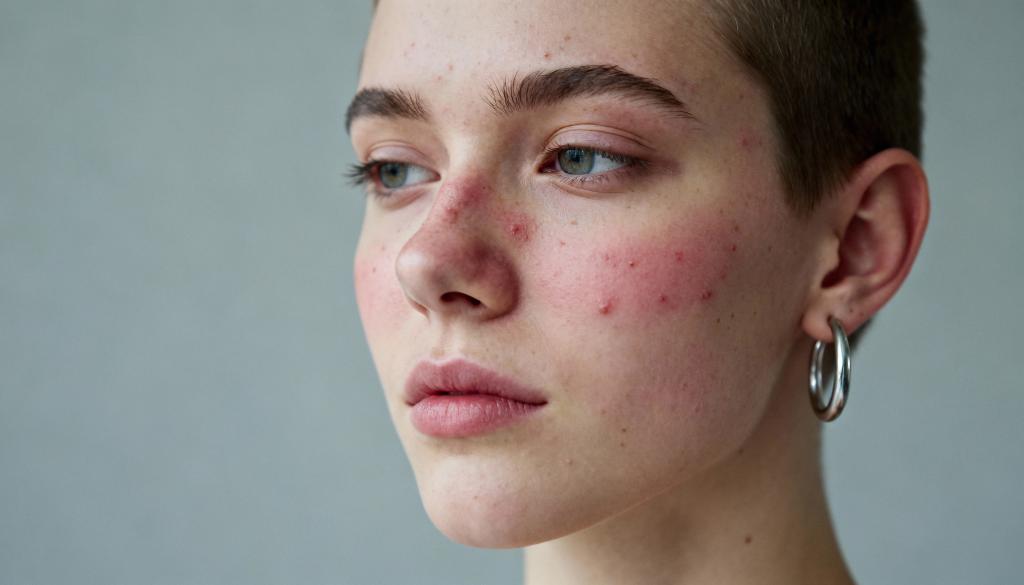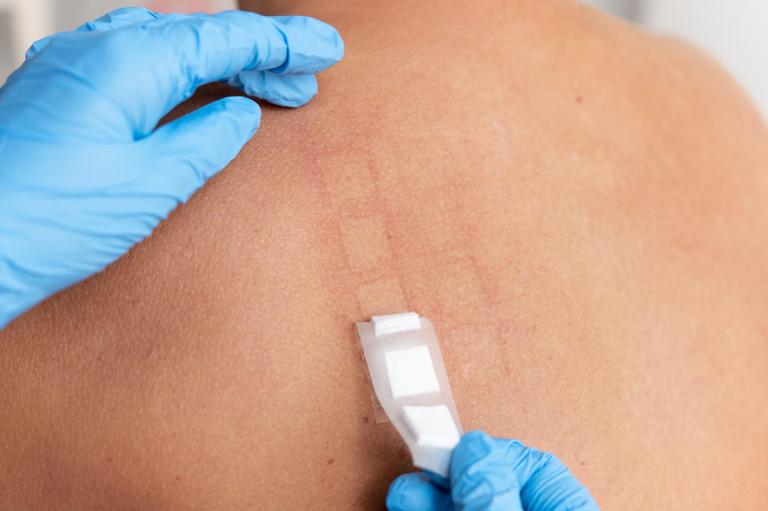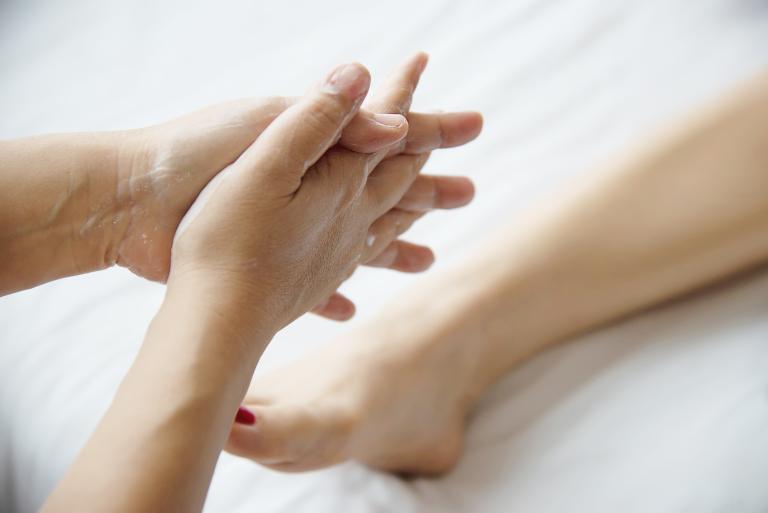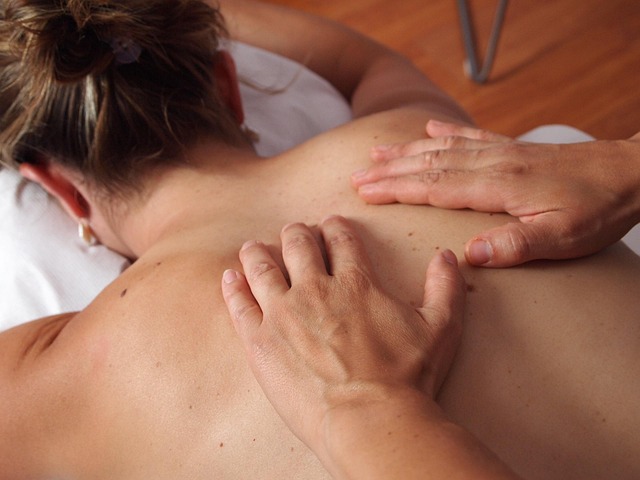Rosacea is a common skin condition that causes persistent redness, visible blood vessels, and sometimes acne-like bumps, usually on the face. It can also lead to sensitivity, flushing, and irritation of the eyes in some people.
While rosacea is long-term, treatments and lifestyle adjustments can help manage symptoms and keep flare-ups under control.

Rosacea triggers include:
- Sun exposure– UV light can cause facial flushing and worsen redness.
- Hot drinks– Beverages like tea, coffee, or hot chocolate can trigger temporary flare-ups.
- Spicy foods– Chili, curry, and other spicy dishes may increase facial redness.
- Alcohol– Particularly red wine, which can dilate blood vessels and provoke flushing.
- Temperature changes– Heat, cold, wind, or rapid changes in temperature can aggravate symptoms.
- Stress or emotional changes– Anxiety, embarrassment, or strong emotions can trigger redness.
- Exercise– Intense physical activity can cause temporary flushing, especially in those with sensitive skin.
- Skincare or cosmetic products– Certain ingredients like alcohol, fragrances, or harsh exfoliants may irritate the skin.
What can be done for my Rosacea?
There are a range of treatment options available for rosacea, including optimising skin care, prescription creams, tablets, and light-based therapies, all tailored to reduce redness and flare-ups. Our dermatologists can help identify your triggers and create a personalised treatment plan that works for you. We welcome you to book an appointment to discuss the best approach for managing your skin.

FAQ’S
Frequently Asked Questions


What causes roscea and who gets it?
The exact cause is unknown, but it may involve a combination of genetic and environmental factors. Triggers like sun exposure, stress, hot drinks, and spicy foods can worsen symptoms. See above for potential environmental triggers.
Rosacea is more common in adults aged 30–50, people with fair skin, and those with a family history of the condition, but it can occur in any age or skin type.
Can diet affect rosacea?
There are a variety of contributing factors to rosacea and, whilst diet will not cause rosacea alone, certain foods and drinks can trigger or worsen symptoms. Keeping a food diary may help identify personal triggers.
Can rosacea be cured?
There is no cure, but the condition can be managed effectively with treatment and lifestyle changes.
How can I manage rosacea and flare-ups?
Identify and avoid your personal triggers, use gentle skincare, protect your skin from the sun, and follow your prescribed treatment plan.
Treatments may include topical or oral medications, laser therapy, and skin care routines to reduce inflammation and redness.





